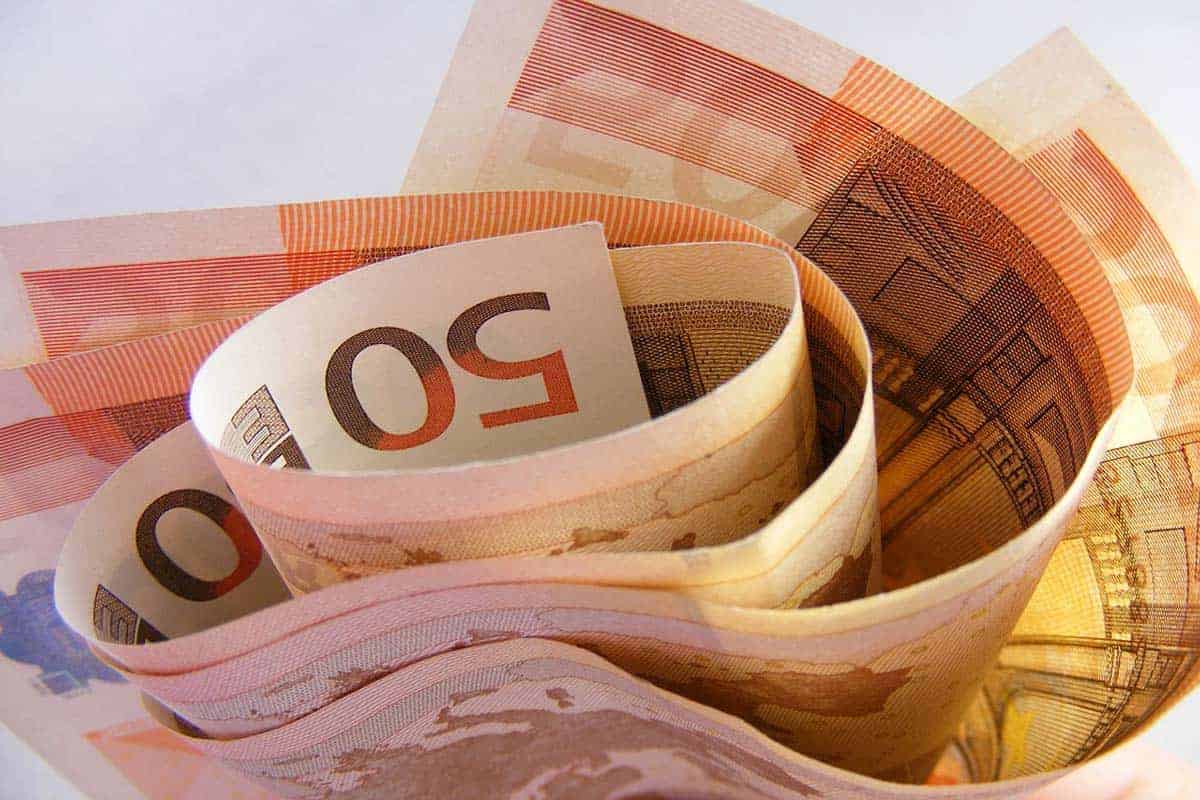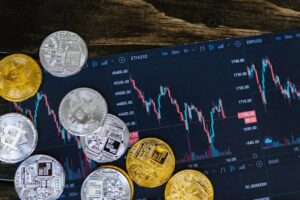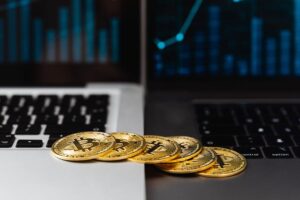
Is the question “why is deflation worse than inflation” something of interest to you? Well, I am sure it is because these two economic terms can have a massive impact on the lives of everyone, whether rich or poor. So, there’s nothing wrong with asking such a relevant question. Let’s take a look at the answer shortly.
Why is deflation worse than inflation?
Small inflation, probably 2 to 4 percent, may not destabilize an economy. In short, it can even boost economic growth. But when it comes to deflation, the reverse is the case. As prices fall following a recession or economic downturn, deflation could creep in. Now when this happens, interest rates can only be lowered to zero percent, and economic crisis may further deepen. Demand for goods and services would reduce, the unemployment rate would increase, increase in debt defaulters, and there will be a financial meltdown. Also, inflation could be dangerous too. But experts fear deflation more than inflation for numerous reasons. One is that falling prices will lower consumer spending, which would cripple economic growth.
So, these are the reasons deflation is worse than inflation. At least, with a little inflation, the economy can still thrive. But having that same percentage of deflation could be bad news for the economy. Anyway, let’s look at other valuable information about inflation and deflation to gain more knowledge. Continue reading!
What Is Inflation?
What is inflation? It refers to the long-term increase in the average prices of goods and services, which could be as a result of currency devaluation or other factors.
Back then, in the U.S., precisely in the 1980s, the prices of homes were on the high side. The average cost of houses was $76,000, while the median incomes of people who were expected to move for these homes were only $17,710 annually.
Now compare the above price to the price in 2011. In that same year, particularly after the recession struck the economy, the average cost of homes was $139,000, while the median income of households was $50,233 yearly, according to the report provided by the U.S. Census Bureau, a reputable body in the country.
You can see that there’s a massive difference between the two prices. However, the one word that provides a better explanation regarding what transpired is inflation. However, some people believe inflation is much better than deflation. But the thing is, both can be bad for economic growth.
Inflation of between 2 – 4 percent might not be bad for the economy. In short, the government may even encourage this. But when the inflation is above this rate, you can expect the worse to happen to the economy. It could also lead to economic stagnation.
When inflation occurs, it means that prices of goods and services can no longer match the income of people. And when this continues to happen for a considerable period, the purchasing power of consumers will drastically reduce.
Alright, let’s continue with the next topic, deflation, and proceed from there.
What Is Deflation?
The term “deflation” means to reduce something. When you deflate a balloon, for example, you are merely removing the air trapped inside the balloon. Of course, when you continue, the balloon will become airless and become smaller.
Another definition of deflation is negative inflation. It refers to the general reduction or drops in the prices of goods and services.
Furthermore, one question people ask is, can deflation be good? Well, it depends on several factors. One of them is what caused the deflation in the first place. What I mean is that the cause will determine if people will be happy or angry at the end of the day.
The thing is, if the factor responsible for the deflation is the increased supply of goods, then there is an opportunity for people to be happy. A clear example is an industrial revolution that took place during the 1800s.
However, deflation could be bad news if the cause is a short supply of money. Remember what transpired in 2008. The United States experienced the great depression, as announced by the National Bureau of Economic Research (NBER). Things went from bad to worse during this period, until the government intervened.
Tons of jobs were lost, banks blatantly refused to give out loans because of the rising number of defaulters, and even the stock market wasn’t left out. It crashed and sucked the entire liquidity off the country’s market place. Also, as the supply of money continued to plummet during this period, more jobs were lost.
Causes Of Inflation And Deflation: Things You Need To Know
You may pick up a thing or two about the causes of inflation and deflation if you read from the beginning of this post. But then, there’s nothing wrong in mentioning it over again. After all, no knowledge is a waste.
Let’s start with inflation, what could be responsible for inflation?
Money supply:
When the supply of money outpaces economic growth, inflation can arise. A simple analogy is how collectors place a high value on items that are a little bit scarce or rare. The same thing happens when there is less currency concerning the money supply. In this case, the currency will have more value.
National debt:
An increase in national debt can spur inflation. The reason is that the government can either decide to print more money to service the debt or raise taxes to meet up with the payment.
Exchange rates:
The exchange rate, particularly involving the U.S dollar, can cause inflation in a country like the United States of America,. The reason is that the region is exposed to marketplaces in other parts of the globe.
Next is deflation. What are the factors that can give rise to deflation?
Low cost of production:
The explanation here is, when the price of a vital input such as oil drops, producers may take advantage of that to increase output. Such a condition could make them oversupply the products. If demand doesn’t change, they may have no better option than to lower the prices of their products to sell more.
The decline in money supply:
The central bank may have a hand in this. They may introduce a stricter policy that would increase interest rates. In turn, such an action would force people to hoard monies instead of spending.
The decline in confidence:
When an economy experiences an adverse event such as recession, people will, out of lack of confidence, prefer to lower their spending. They would prefer to increase their savings because of the uncertainty in the future concerning the economy.
Advancement in technology:
A specific technological advancement could cause aggregated supply to increase. It will give producers the avenue to lower costs, which would cause the price of goods and services to fall.
How The Government Tackles Inflation
Inflation is said to happen when increased spending gives rise to economic growth. When such a thing happens, prices will increase, thus causing the currency used in the said economy to lose its value. The currency would worth a bit less than its original value.
During inflation, a pair of shoes that you bought for $30 last year can become $60 this year. That’s how inflation works. So, inflation could be bad for an economy, too.
Let’s see how the government intervenes in cases of inflation.
Reserve requirements:
This involves authorizing banks to increase their reserve requirements. It concerns the money banks need to have in possession, incase customers come for loans. The inability to access loans invariably implies that spending will reduce.
Reduce money supply:
The government can help to address inflation by lowering the money supply. Their actions can also be directly or indirectly via the enactment of policies, particularly ones that would encourage money supply to be reduced.
How The Government Tackles Deflation
Cut tax rates:
Here is one fiscal policy tool the government can use to combat deflation. When they cut down tax rates, businesses and their employees will have more money to spend. But the problem with this is that a reduction in tax return could force the government to reduce spending.
Reduction of the target interest rates:
When interest rates are lowered, people will be encouraged to borrow more and use the borrowed money to launch new investments.
Conclusion
The question is, “why is deflation worse than inflation?” What is the reason? Anyway, you can find the answer at the beginning of the post. This post also contains other information to help you understand inflation and deflation properly. However, inflation and deflation can be bad for an economy, but given a chance, the government would encourage inflation. It is understood that keeping the inflation rate at 2 – 4 percent can be beneficial to an economy. But deflation, if not addressed, can become even worse.
You May Like These Articles As Well:
How Do Interest Rates Affect Inflation?





















Add Comment